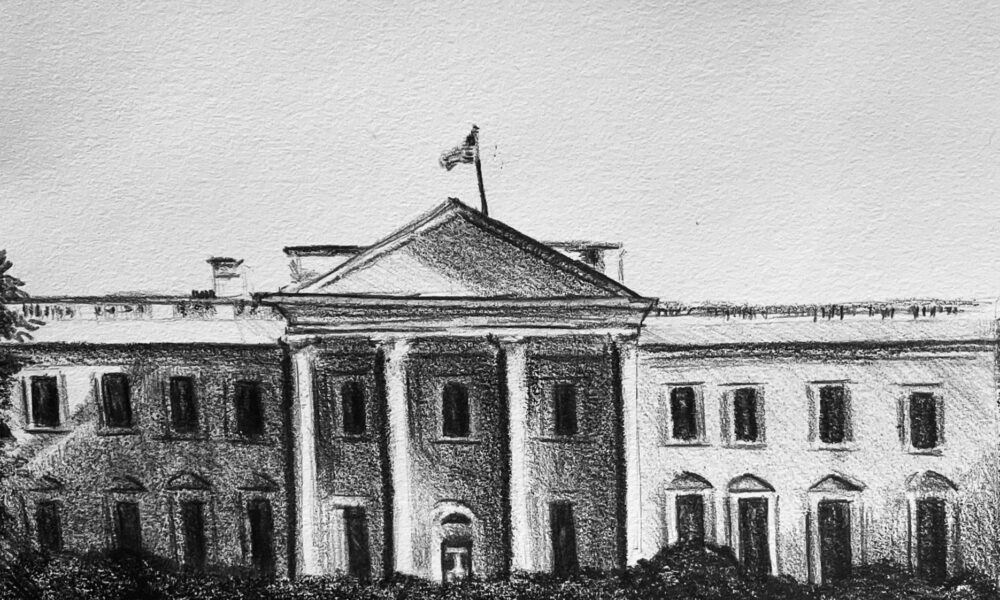For the few who haven’t yet had enough of American politics during this tumultuous election year, I have just the thing for you. Below are my top recommendations for political dramas as both an avid lover of the genre and someone fascinated with American politics.
HBO’s Veep (2012-2019):
For newcomers to fictional political shows, Veep is the perfect place to start. This dramedy stars Seinfeld standout and beloved American comedian Julia Louis-Dreyfus as Selina Meyer, a fictional vice president of the United States.
Part of the magic of Veep is that it explicitly avoids mentioning Democrats or Republicans. Instead, the show refers to politicians of “our party” and ones of “the other party” to explore the corruption and immorality inherent in politics, regardless of party affiliation.
Veep has experienced a recent resurgence partly due to comparisons between the current presidential election and the show. A particularly relevant comparison is at the end of Season 2, when Meyer finds out that the president of the United States (“POTUS,” as he is generally referred to on the show), isn’t going to be running for reelection, which gives her the green light to start her campaign. This is evidently reminiscent of this past July when President Joe Biden announced he was stepping down as the Democratic nominee, thus passing the torch to Vice President Kamala Harris.
ABC’s Scandal (2012-2018):
I believe, professionally speaking, that Shonda Rhimes can do little to no wrong; from Grey’s Anatomy to Bridgerton, she knows how to craft an immensely entertaining TV show.
Scandal perfectly combines the soap opera-esque drama of Grey’s with the political elements of Veep. While the show’s leading character, Olivia Pope (Kerry Washington), is based on Washington D.C. lawyer Judy Smith, the show itself is highly dramatized, and its ridiculous storylines are a significant part of the show’s appeal. Though Scandal takes place in D.C. and features many politicians, the story centres Pope’s on-again-off-again relationship with the fictional president Fitzgerald “Fitz” Grant (Tony Goldwyn) and her career as a “fixer” lawyer for prominent D.C. figures. Similarly to Veep, Scandal doesn’t shy away from Washington’s high level of corruption, though the latter does downplay the poor character of its politicians more than the former.
NBC’s The West Wing (1999-2006):
Even though The West Wing is often praised as one of the greatest shows of all time, it is my least favourite on the list—it doesn’t have the same exciting dramatic effect of Scandal or the absurd comedy that makes Veep so punchy. Additionally, since reading reports that claim Veep is a more realistic portrayal of politics than The West Wing, I have to say I have lost some interest. A staunch difference between The West Wing and the previous two shows is its overly optimistic nature and attempts to demonstrate that, despite their (sometimes) corrupt nature, politicians aren’t inherently as bad as we think. Though this may have been true when Aaron Sorkin began writing the show, most people would agree that The West Wing is more of an idealized version of what politics could be and less of what it actually is. There’s no shortage of corruption in Washington, and unlike how it’s portrayed on the show, politicians are not usually working together to achieve a common goal but instead working independently to further their own careers. Thus, it’s important to regard this show as a non-realistic version of American politics. It can be a comforting fantasy sometimes to imagine what politics could be like, but given the current political state in the United States, namely the intense polarization between political parties, it becomes increasingly difficult to imagine a world in which this was the case.









